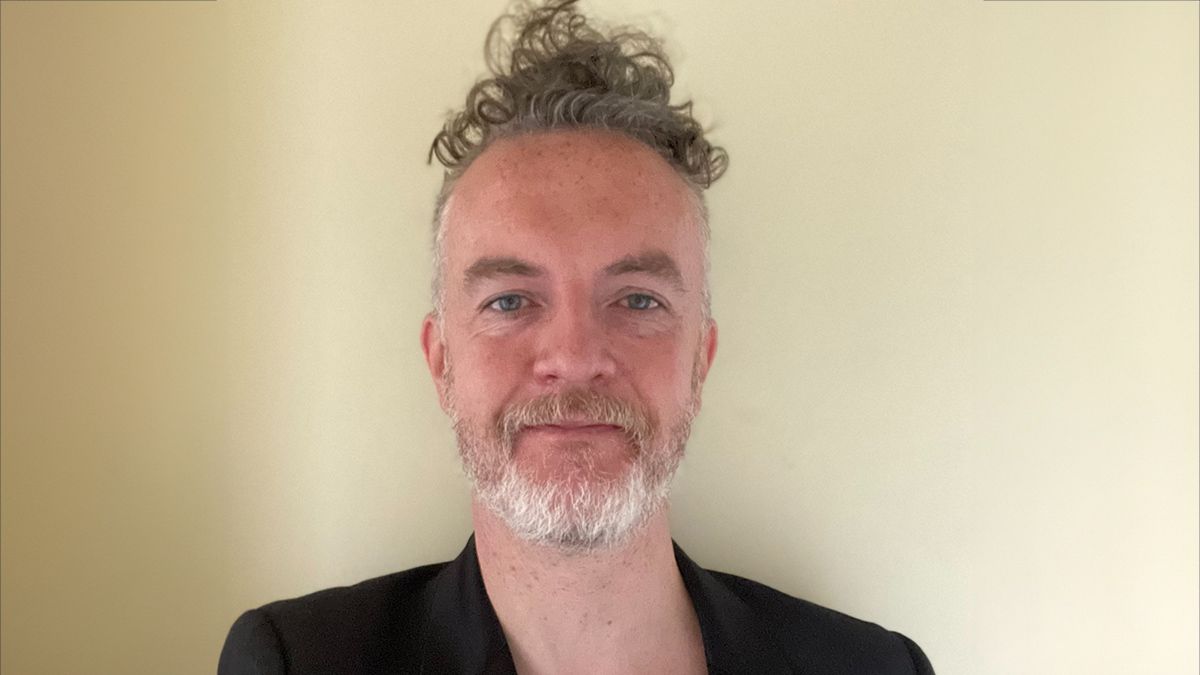
Stephen A Russell
Stephen A Russell is an award-winning freelance film journalist imported from Glasgow, Scotland. You can read his writing in the likes of The Age, The Saturday Paper, SBS, ABC, ScreenHub, Flicks, Time Out, The Big Issue and more, including his new Substack, Orion’s Shoulder. You can also hear him snort regularly on ABC Radio and occasionally Joy FM.
Outlets: ABC, SBS, The Saturday Paper, The Age, ScreenHub, Flicks, Time Out, The Big Issue
Website: Orion’s Shoulder at Substack
Location: Melbourne
Movie location I call home: I mostly throw creepy (yet irresistibly camp) shadows in the ‘this is how you do a set’ Transylvanian castle from Francis Ford Coppola’s melodramatic masterpiece, Bram Stoker’s Dracula.
What was the film or experience that made you want to write about the screen?
It’s not for no reason that my recently started Substack is named Orion’s Shoulder, as inspired by Roy Batty’s unforgettable speech on the precipice of death from Ridley Scott’s Blade Runner, memorably buffed up by the late, great actor Rutger Hauer.
Scott showed me that cinema could create a vision of the future with as much depth, if not more so, than the real world. Its musings on what it means to be human blew my young mind. That and the Divine filth of John Waters’ anarchic obscenity Pink Flamingos, and Jim Sharman’s take on Richard O’Brien’s blast Rocky Horror, both of which I watched when some folks might say I was too young. But they’d be wrong.
What do you think are the major issues facing contemporary film criticism?
There are precious few Australian outlets dedicated to screen culture. The places that do offer critical space are running on increasingly devastated budgets. With a gutting out of staff gigs, emerging critics are admirably going it alone, but I worry they aren’t necessarily benefitting from the mentorship I enjoyed. This is a big part of why Critics Campus is so vital, and I’m proud to lend an old hand.
How can film criticism stay vital in 2024?
For far too long the critical voices offered space hailed from far too narrow backgrounds. We need much more diversity, including a broader range of queer voices, First Nations writers, critics of colour and working-class people. The more perspectives, the merrier (and some of the gatekeeping legacy publications ain’t helping).
What’s one piece of advice that you’d give an emerging critic today?
Your view is as important and valid as any. All you have to do is figure out how best to communicate it, then share those thoughts in an engaging way. It’s a great gift.
Who’s a critic that has inspired you?
Philippa Hawker. She is the finest writer on film in Australia and I’m privileged to be able to bounce ideas off of her.
Who’s a critic that everyone should be reading right now?
Definitely Justin Chang. His voice is both brilliantly engaging and informed, opening new angles.
What’s the best thing you’ve seen this year so far?
The luminous journey of And Then We Danced director Levan Akin’s follow-up Crossing (in this year’s MIFF program), which is as much about the glorious city of Istanbul and her itinerant cats as it is intergenerational relationships and a nuanced exploration of gender. Akin’s episodes of Interview With the Vampire Season 2 are some of the best on telly.
What’s your MIFF 2024 theme music?
Ever since I caught Argentinian filmmaker Lucio Castro’s Barcelona-set movie End of the Century at MIFF 2019, Flock of Seagulls’ hit ‘Space Age Love Song’ has been my festival jam, stuck on a loop not unlike the lovers at the heart of this shimmering puzzle box.